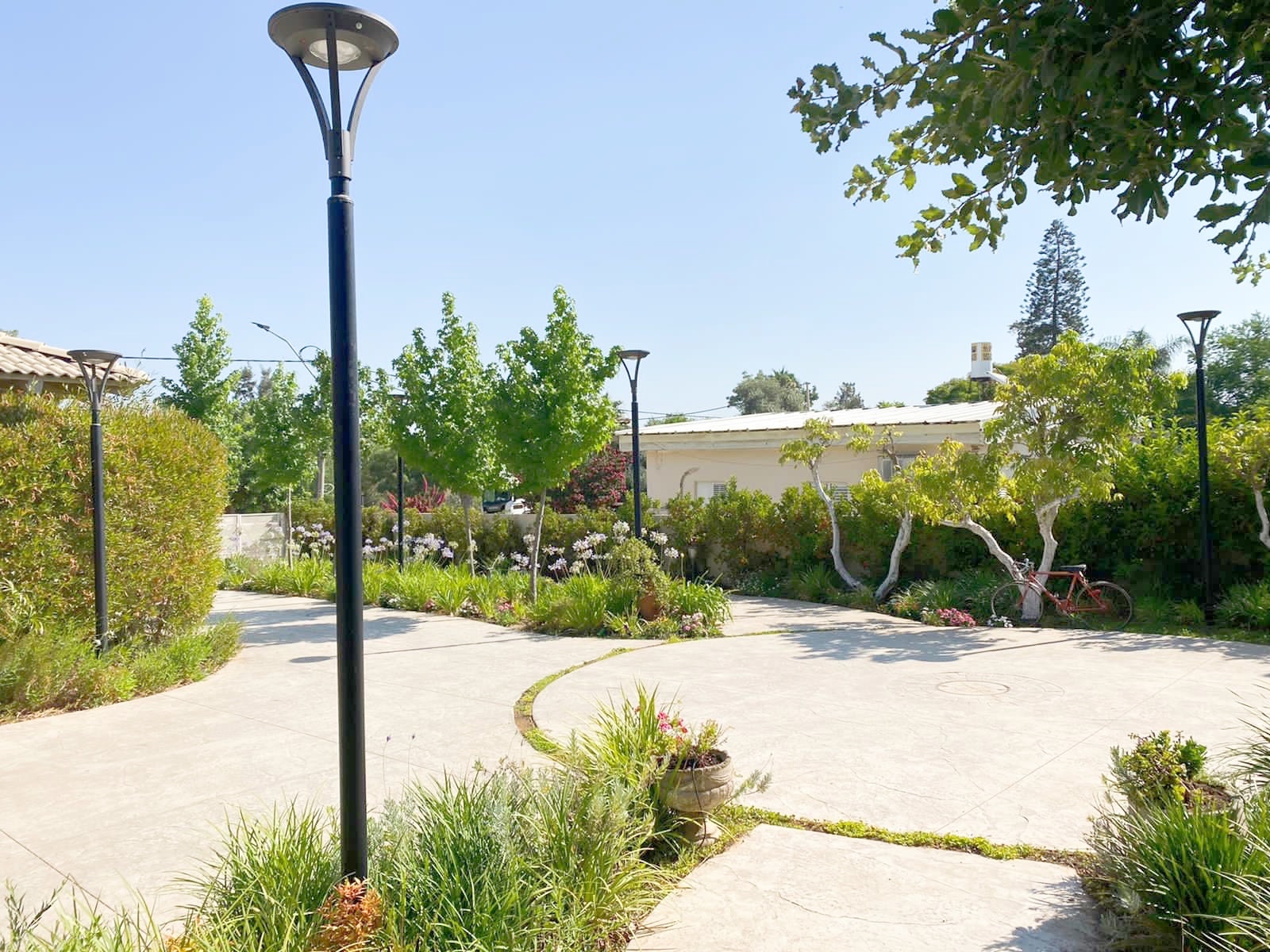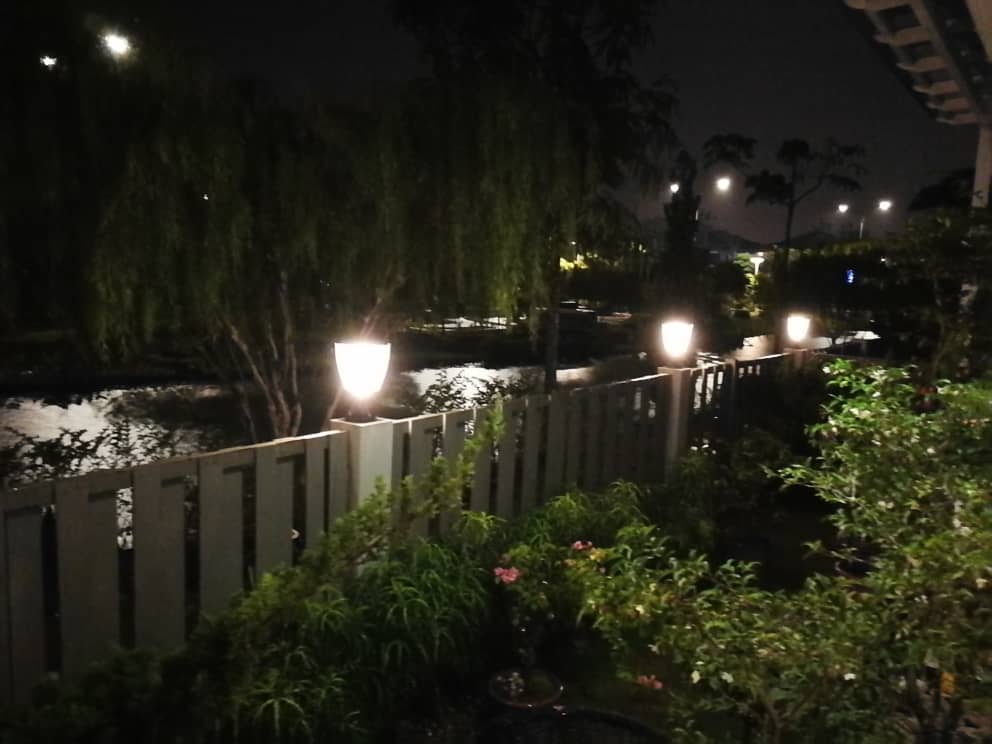Have you ever wondered how much sunlight solar lights need to work? If so, you’re probably curious about whether solar lights need direct sunlight.
How does solar energy work?
Solar lights work by using the energy from the sun to power a light source at night. They are made up of several different components, including solar panels, batteries and lamps.
Solar panels are small flat panels made up of photovoltaic cells. These cells convert sunlight into electricity, which is then stored in the batteries.
During the day, the solar panels collect energy from the sun and convert it into electricity, which is then stored in the batteries. At night, when the sun is no longer shining, the lamps use the stored electricity to power the light source.
Some solar lights also have sensors that automatically turn the lights on at night and off during the day. This helps to save energy and ensures that the lights only operate when they are needed.
Overall, solar lights are a convenient and environmentally friendly way to provide light without relying on grid power.

Do I need direct sunlight to charge my outdoor solar light?
Generally speaking, outdoor solar lights are charged by receiving direct sunlight. Therefore, the more sunlight it receives during the day, the more it will directly affect the lighting hours at night. Solar lights use photovoltaic cells that convert sunlight into electricity. This electricity then charges the batteries in the solar light and the solar light stores the energy for use at night.
If there is no direct sunlight, the solar light will not receive enough energy to fully charge the batteries and may not provide enough light at night. The solar light, therefore, needs to be placed in an area that receives direct sunlight for most of the day to maximize its performance.
On average, a fully charged solar light will run for around 15 hours in 8 hours of sunlight.
Cloudy weather will of course affect the charging time of your outdoor solar light as the cover will not allow as much light to pass through. When it’s cloudy you may notice a drop in the life of your lighting at night.

Using solar lights for long periods without enough sunlight may eventually diminish their ability to charge properly. According to the US Department of Energy, the operating time of your outdoor solar lights may vary between 30% and 50% during cloudy winter weather.
If your solar lights are in direct sunlight, great. This is when the solar panels and solar lights will be working at maximum efficiency.